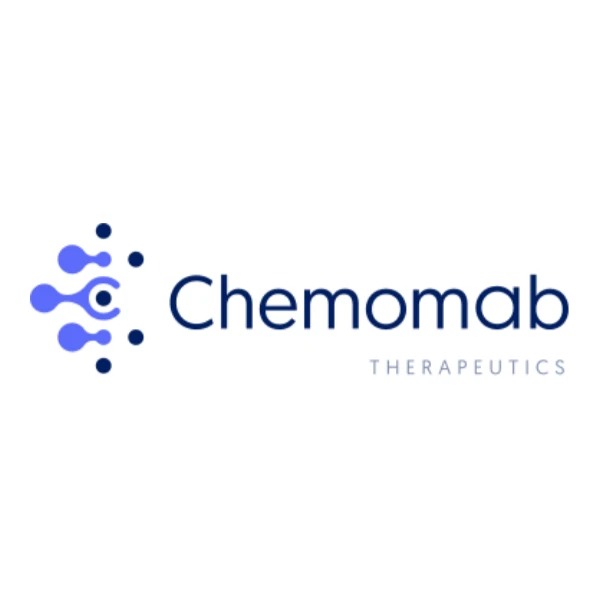As Chemomab continues to develop medical treatments against rare medical diseases, the future of this biotech company depends on the success of CM-101. CM-101 is a monoclonal antibody that has been developed by Chemomab which has shown remarkable progress in treating the symptoms of PSC.
The company is eagerly waiting for upcoming feedback from the FDA given their treatment’s recent success in the Phase 2 SPRING Trials. This feedback has the power to decide the future of Chemomab and its clinical trials. The feedback is expected to not only provide advice on the medical treatment but also pave the way for an accelerated approval strategy. Let’s see the results of Chemomab’s CM-101 and how things are looking for this biotech company.
The Importance Of FDA Feedback
For developing treatments against rare medical conditions, the FDA provides an orphan drug status which can help expedite a drug’s development journey. Positive feedback from the FDA can help accelerate Chemomab’s treatment towards commercialization, while also providing the biotech company with additional assistance and recommendations. The FDA’s role is to ensure that such medical treatments not only meet safety standards but also align Chemomab’s priorities with regulatory expectations.
Chemomab has already once received FDA approval which allowed them to accelerate the development of CM-101. And they’re looking to gain the same results. The company is preparing for an End-of-Phase 2 review with the FDA which could be a decisive step for CM-101’s clinical journey. In this review, Chemomab is looking to discuss the results of the SPRING trial and potentially fast track its way toward phase 3 of clinical trials. Official feedback is expected to arrive by Q1 2025, giving the company a clear direction and a chance to take clinical trials to the next stage.
Current Status Of CM-101 SPRING Trial Developments
The Phase 2 Trial
Chemomab’s medical treatments have started to show encouraging results in tackling PSC. The disease is known to lack any effective treatments, highlighting a high unmet need. The Phase 2 SPRING trials consisted of 76 patients who were divided into groups that either received 10mg/kg or 20mg/kg of CM-101 or a placebo drug. From the 76 patients, a total of 66 patients (50 treated with CM-101 and 16 with a placebo) took part in a double blind study. Over the course of the next 15 weeks, the company focused on several liver biomarkers to analyze the effect that CM-101 had on PSC patients.
Additionally, all patients that took part in the double blind study were given the opportunity to continue taking CM-101 treatments for an extended time period. This open label extension was set to continue for an additional 33 weeks after the initial study was completed. This extended treatment is expected to show topline results by the first quarter of 2025.
The Results
Chemomab’s success in the Phase 2 SPRING trials can be split into two categories. The first success category focused on how well CM-101 was tolerated by the patients. Phase 2 trials showed encouraging results with patients only showing minor side effects such as fatigue, headache, and itchiness. These side effects were also seen to be a part of the group of patients that were treated with the placebo drug.
The second success category focuses on the actual results of CM-101. The monoclonal antibody was theorized to neutralize the effect of CCL-24, the primary suspect that led to the underlying inflammation and scarring in PSC. In the Phase 2 trials, CM-101 was seen to considerably improve inflammation and scarring giving Chemomab a boost towards acquiring approval from the FDA.
How FDA’s Upcoming Feedback Can Affect Chemomab’s Future
Chemomab’s Phase 2 SPRING trials ended with an open label extension which was seen to have enthusiastic participation from patients. Given that the phase 2 trials achieved positive results and the 90% participation in the OLE, Chemomab is well positioned as it enters its End-of-Phase 2 review. The upcoming FDA feedback is what’s going to decide the next steps for Chemomab and CM-101’s transition to Phase 3. Getting positive feedback from the FDA could serve as a green light for Chemomab to continue with Phase 3 trials, potentially accelerating the development of this PSC treatment.
CM-101’s success has already drawn interest from several potential partners. With the success of the Phase 2 trials, Chemomab has the opportunity to explore partnerships that could help optimize its resources and strengthen its position within the biotech field.
The Bottom Line
The End-of-Phase 2 review with the FDA is a critical moment in Chemomab’s journey, with the potential to expedite CM-101’s clinical progress toward market approval. With that happening, it sets up the opportunity to provide a new and effective treatment for patients suffering from PSC. The favorable results from the Phase 2 trials, combined with the exceptional participation in the OLE program are guiding the company towards stage 3 of clinical trials. As the company continues to analyze the results of CM-101, it is set to establish CM-101 as a groundbreaking therapy within the biotech and medical field.
Sources
Chemomab Investor Relations – News
CM-101 by Chemomab Therapeutics for Liver Fibrosis: Likelihood of Approval






